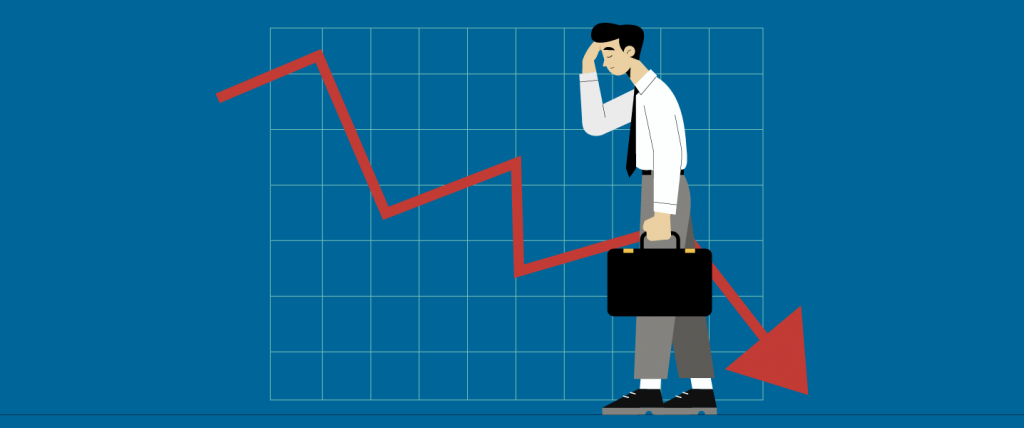Insights
Why GST cess may not be enough for centre to compensate states
February 21, 2020It seems improbable that the Centre can compensate manufacturing states for revenue shortfall solely from the levy of compensation cess.
While presenting the Union Budget 2020, finance minister Nirmala Sitharaman referred to the policy objectives proposed by the government towards fiscal management. Upholding the tenet of co-operative federalism, the FM announced that the shortfall in revenue collections at the state level shall be compensated by the Centre in two instalments by transferring funds to the GST Compensation Fund from the collections made during the year 2016-17 and 2017-18.

However, going forward, the FM stated that transfers to the fund would be limited only to collection by way of GST compensation cess.
This low-key announcement during the budget presentation appears innocuous for the common man, who would mostly be unperturbed by what transpires between the Centre and the states. However, upon a deeper dive, many issues emerge which may severely affect the aam aadmi.
Read More+
To put things in perspective, before the implementation of a nation-wide Goods and Services Tax, the central government promised all states, in particular, the manufacturing-intensive states that they will be compensated in case of a shortfall in their revenue collections for a period of five years. To implement this, a new law, known as the GST (Compensation to States) Act, 2017 was introduced. This new law proposed for the levy of a GST compensation cess on certain goods, the receipts of which would be credited into a GST Compensation Fund. It is from this fund that the Centre would later compensation the states reporting a shortfall in revenue.
However, with half the period of the promised ‘five-year compensation package’ gone, and keeping in mind the below par revenue collections, there is a real concern that the Centre would fall short on its promise. The Budget speech has further concretised the intentions of the government, which should send alarm bells ringing for the States.
If the states are to be compensated from the collection of the GST compensation cess, a definite roadmap is required to achieve this target. A considerable concern is that this cess is levied only on a handful of items such as automobiles, tobacco products, aerated beverages, etc. and any additions to this list are unlikely. Thus, it seems improbable that Centre’s obligation can be met from collections made solely in the Goods and service tax Compensation Fund from the levy of cess.
The butterfly effect of this is likely to cause ripples which would show in the budgets drawn by the state government, especially the manufacturing states.
A shortage of funds could reduce state expenditure on subsidies and social security and welfare measures for low-income groups, cause a stagnation in ongoing as well as proposed infrastructure projects and reduce allocated budgets for sectors such as education and healthcare. Moreover, it is also likely that states would vehemently resist inclusion of petroleum and alcohol within GST as it would mean sharing revenue with the Centre in the form of CGST.
Accordingly, the Centre and states would have to find innovative ways to increase tax collections and also revise internal revenue targets, to ensure that enough cess is collected to compensate the states adequately.
To this extent, tax authorities may also pursue aggressive measures to meet their targets, which may result in additional scrutiny for taxpayers.
Read Less-
Disclaimer
This is intended for general information purposes only. The views and opinions expressed in this article are those of the author/authors and does not necessarily reflect the views of the firm.


